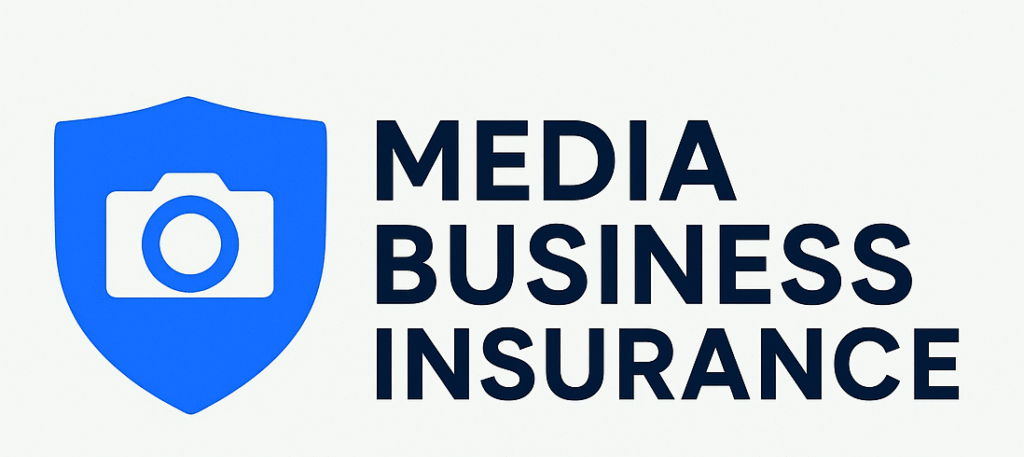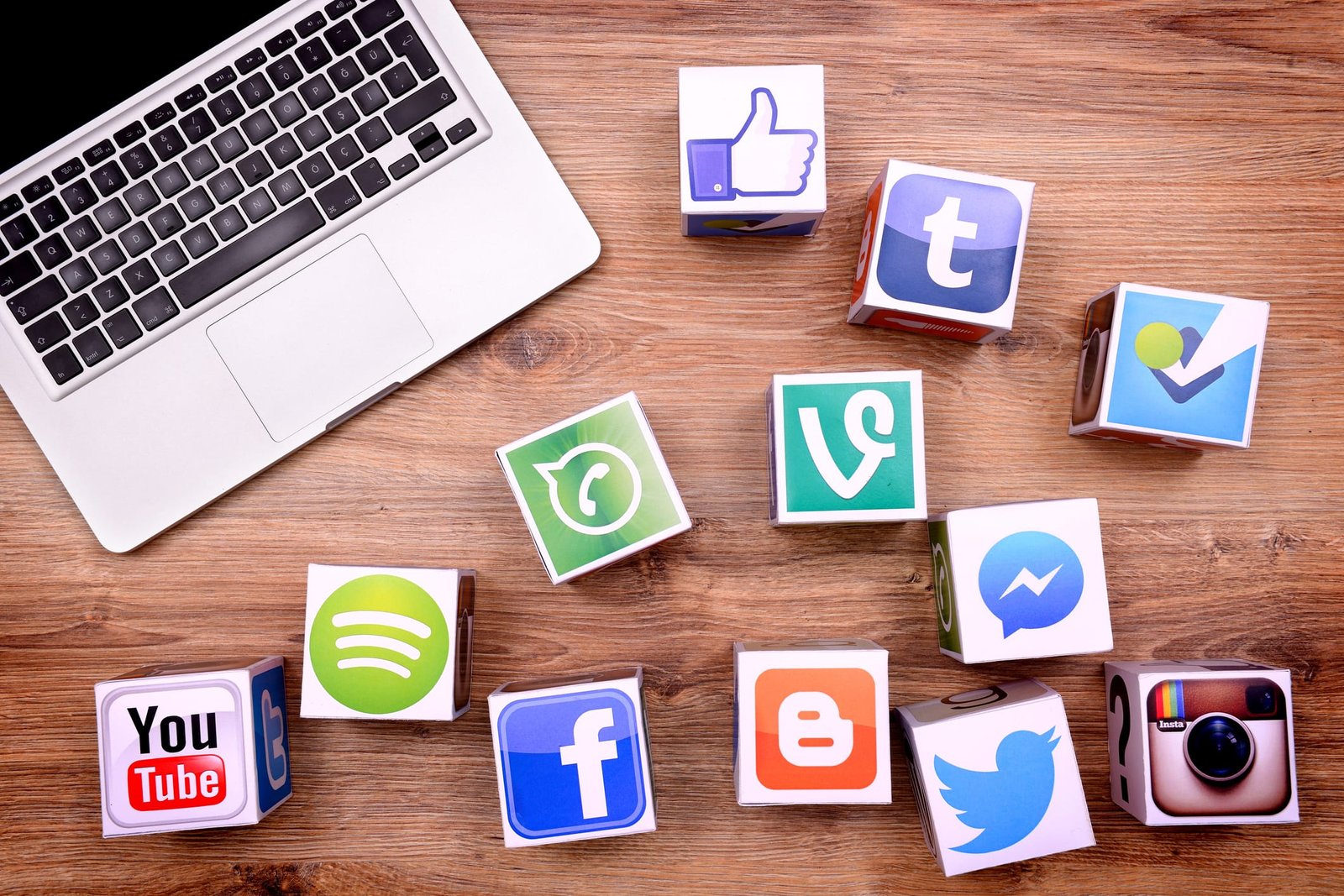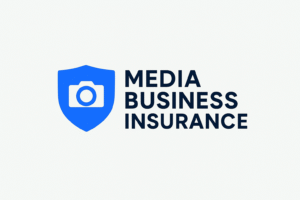How to Prevent Defamation and Misrepresentation in Media Work
In today’s fast-paced digital world, media professionals are constantly publishing, sharing, and distributing content across multiple platforms. While this creates countless opportunities for growth and engagement, it also increases the risk of defamation and misrepresentation claims.
For journalists, production houses, marketing agencies, and influencers, one incorrect statement or misleading image can lead to serious legal trouble and reputational damage. That’s why understanding how to prevent these issues—and having the right Media Business Insurance—is essential for every media organization.
What is Defamation in Media?
Defamation occurs when a published statement harms the reputation of an individual or organization. It can be in two forms:
-
Libel: Written or published defamation (articles, posts, or videos).
-
Slander: Spoken defamation (interviews, podcasts, broadcasts).
Even if defamation is unintentional, media professionals can still face lawsuits. Common causes include false statements, misleading captions, or unverified claims about individuals or companies.
What is Misrepresentation in Media?
Misrepresentation happens when information is presented inaccurately or deceptively, even if it’s not malicious. For example:
-
Using edited photos without disclosure.
-
Publishing out-of-context quotes.
-
Presenting outdated data as current facts.
In media work, misrepresentation can lead to loss of credibility, financial penalties, and lawsuits, especially when it misleads an audience or damages a person’s reputation.
Why Media Professionals Are at Risk
Whether you’re a social media manager, journalist, or advertising firm, your work involves publishing content publicly. The internet never forgets, and a single post can go viral in seconds. This increases exposure—and the potential for defamation and misrepresentation claims.
Even a small mistake, such as misquoting a public figure or using copyrighted material incorrectly, can trigger costly legal consequences. That’s why Media Liability Insurance (also known as Errors & Omissions Insurance) is so important.
How to Prevent Defamation and Misrepresentation in Media Work
1. Verify All Information Before Publishing
Always double-check facts, quotes, and statistics before publishing. Use credible, verified sources, and keep a record of where your information came from. Never rely on unverified social media posts or anonymous sources.
2. Get Proper Consent
Before using photos, interviews, or third-party content, get written consent from the original creator or the subject. This protects you from copyright and privacy-related defamation claims.
3. Avoid Making Assumptions
Never assume intent, guilt, or personal details about a person or company. Always use neutral and factual language, especially in investigative or opinion pieces.
4. Provide Context
Misrepresentation often happens when context is removed. Always ensure your story includes relevant background and clarifies the situation accurately to avoid misleading your audience.
5. Train Your Team on Media Ethics
Every person involved in content production—from writers to video editors—should understand ethical publishing standards and the potential legal risks of defamation and misrepresentation.
6. Have a Legal Review Process
Before publishing high-profile or sensitive stories, have a legal expert or media compliance officer review the content. This extra step can save your business from lawsuits later.
7. Use Clear Disclaimers
If your content includes opinions, make that clear. Use disclaimers like “The views expressed are those of the author and not of the organization” to avoid confusion or false attribution.
8. Invest in Media Liability Insurance
Even with all precautions, mistakes can happen. That’s why Media Business Insurance is your best safety net. This coverage protects your company against:
-
Defamation claims
-
Misrepresentation or negligence
-
Copyright and intellectual property disputes
-
Legal defense costs
With Media Liability Insurance, you can operate confidently, knowing that your finances and reputation are protected.
How Media Business Insurance Helps Protect You
Media Business Insurance is specifically designed for professionals in journalism, digital marketing, film production, public relations, and broadcasting.
Coverage Includes:
-
Defamation & Libel Protection: Covers legal expenses and settlements.
-
Misrepresentation & Negligence: Protects against claims of misleading information or mistakes.
-
Intellectual Property Infringement: Covers accidental use of copyrighted content.
-
Errors & Omissions: Protects you when your work unintentionally causes harm.
Why Choose Media Business Insurance?
-
Tailored coverage for media professionals
-
Affordable monthly premiums
-
Quick claim support and legal guidance
-
Coverage that grows with your business
When your creativity and reputation are your most valuable assets, protecting them isn’t optional—it’s essential.
Practical Example:
Imagine your agency publishes an ad campaign using a client’s testimonial. Later, the client claims their words were taken out of context, damaging their reputation. Without Media Business Insurance, your company would face legal fees, settlement costs, and reputational damage. With insurance, your policy covers the claim—saving your business from financial strain.
Best Practices for a Defamation-Proof Media Strategy
-
Always document permissions and agreements.
-
Store proof of fact-checking and correspondence.
-
Keep internal review processes transparent.
-
Regularly update compliance policies.
-
Use insurance as part of your risk management plan.
When ethics, accuracy, and protection come together, your media business can thrive without fear.
Conclusion
Defamation and misrepresentation can happen to anyone in the media industry, but their impact can be minimized with careful practices and the right protection. By following ethical standards, verifying information, and investing in Media Business Insurance, you can focus on creativity and growth—without worrying about costly legal challenges.


